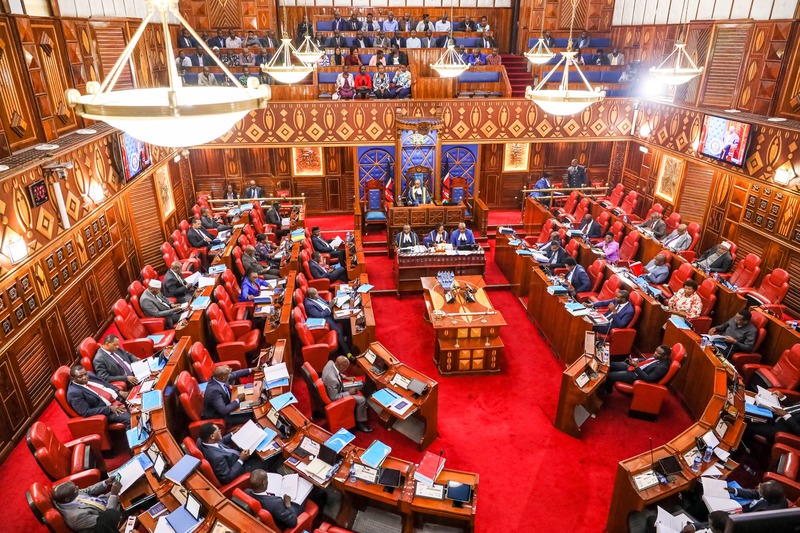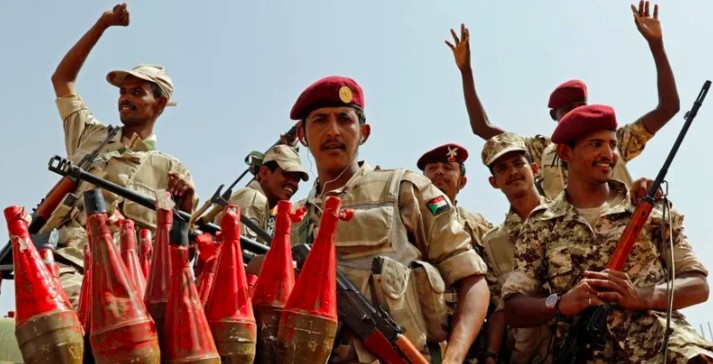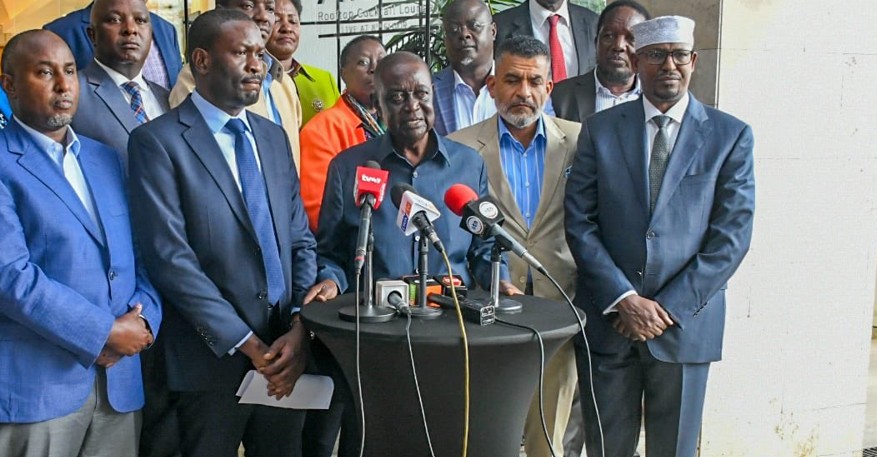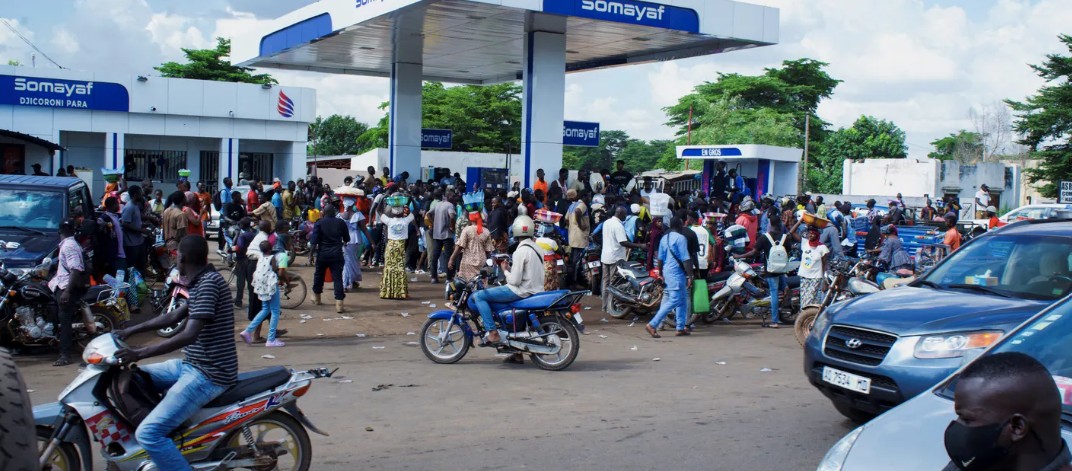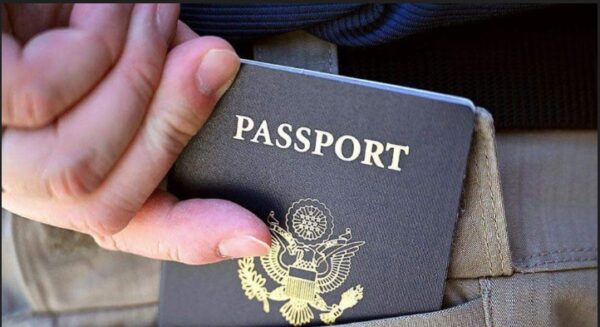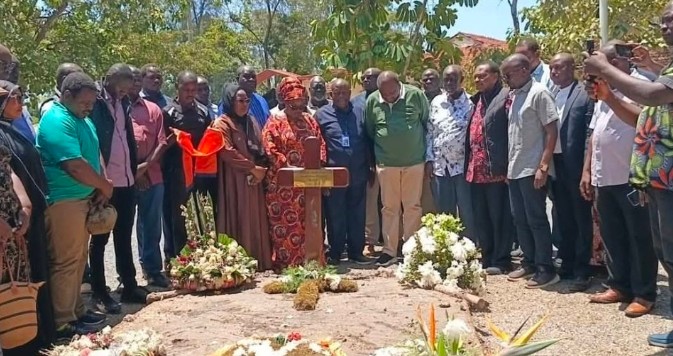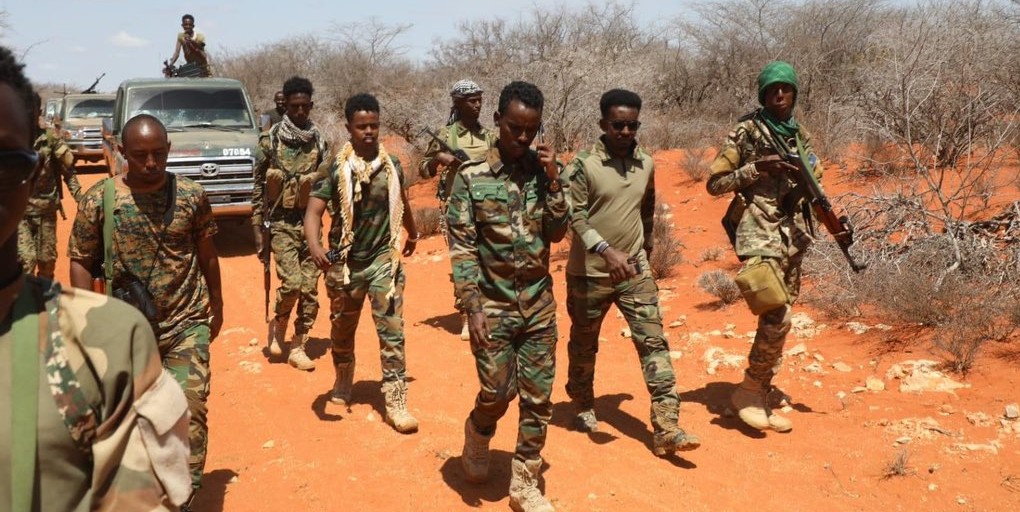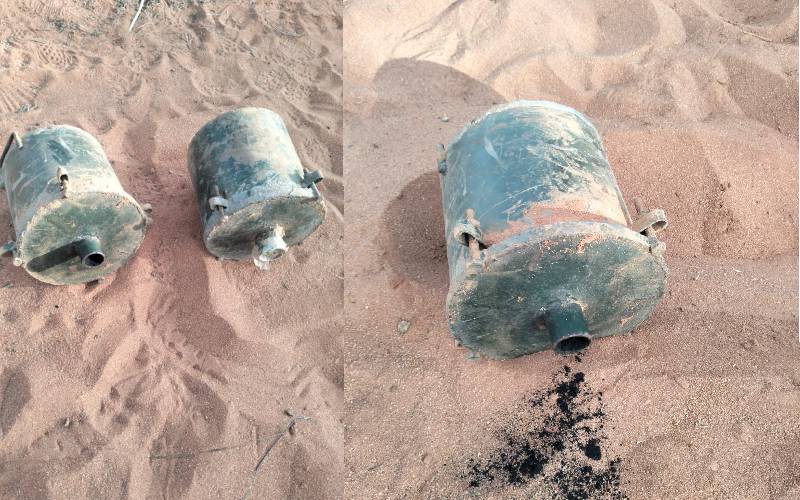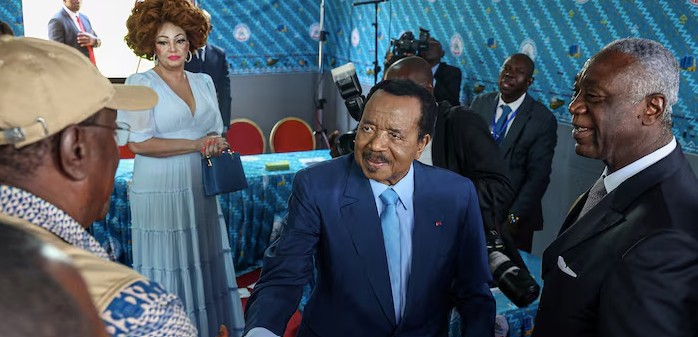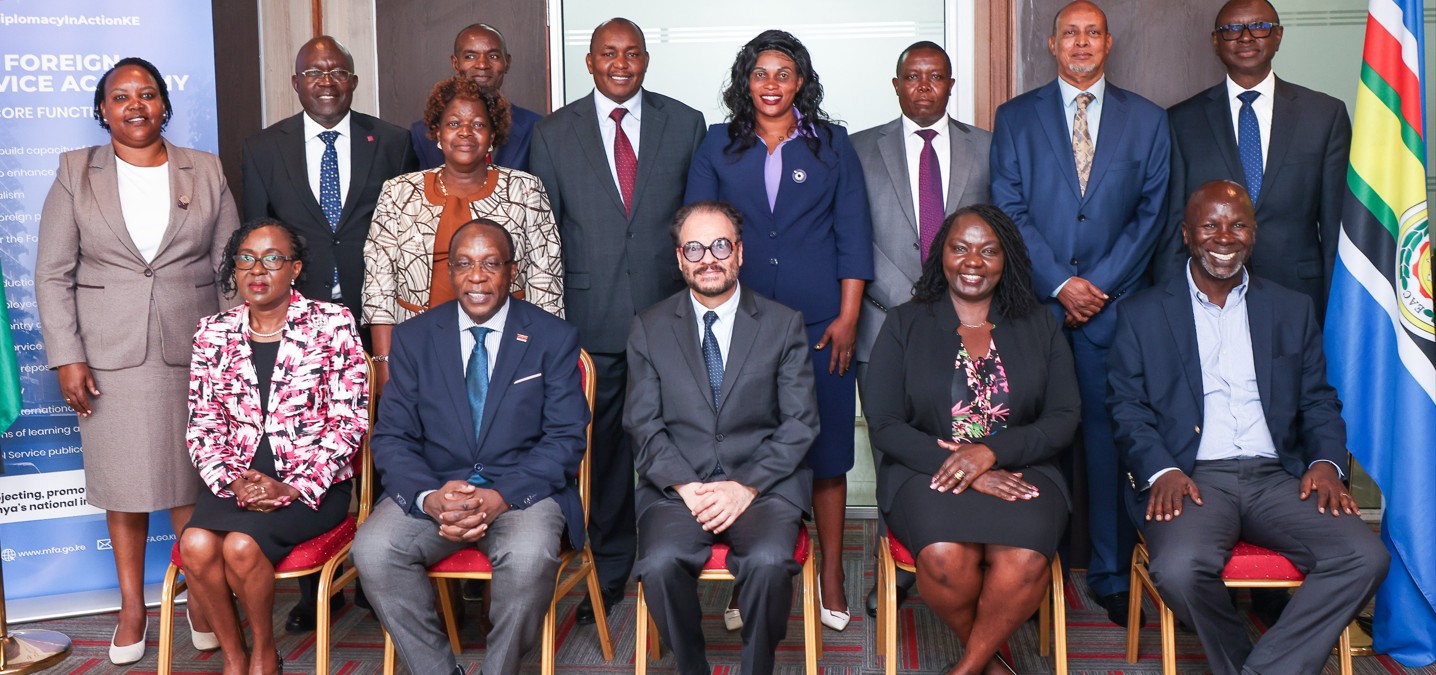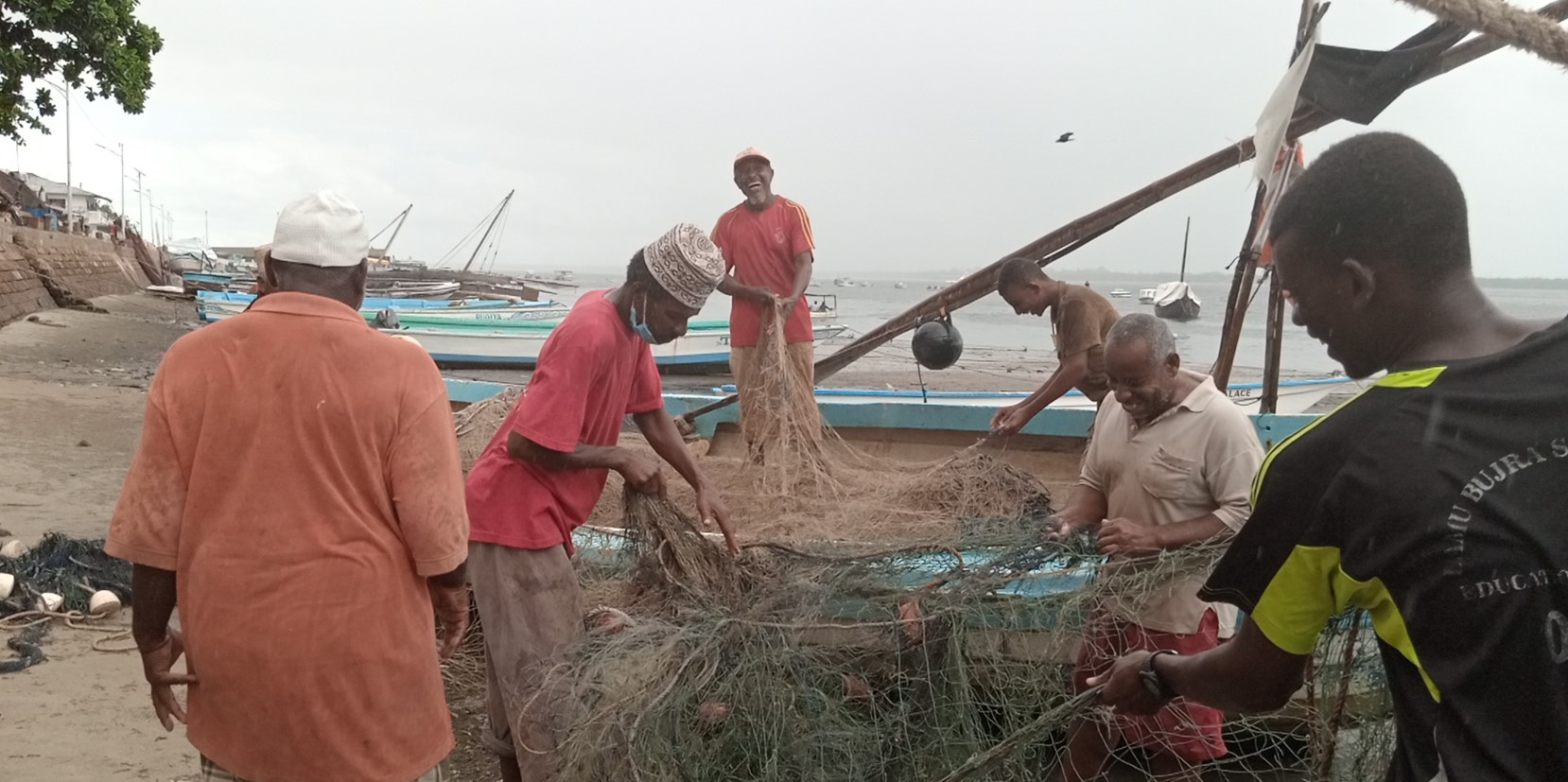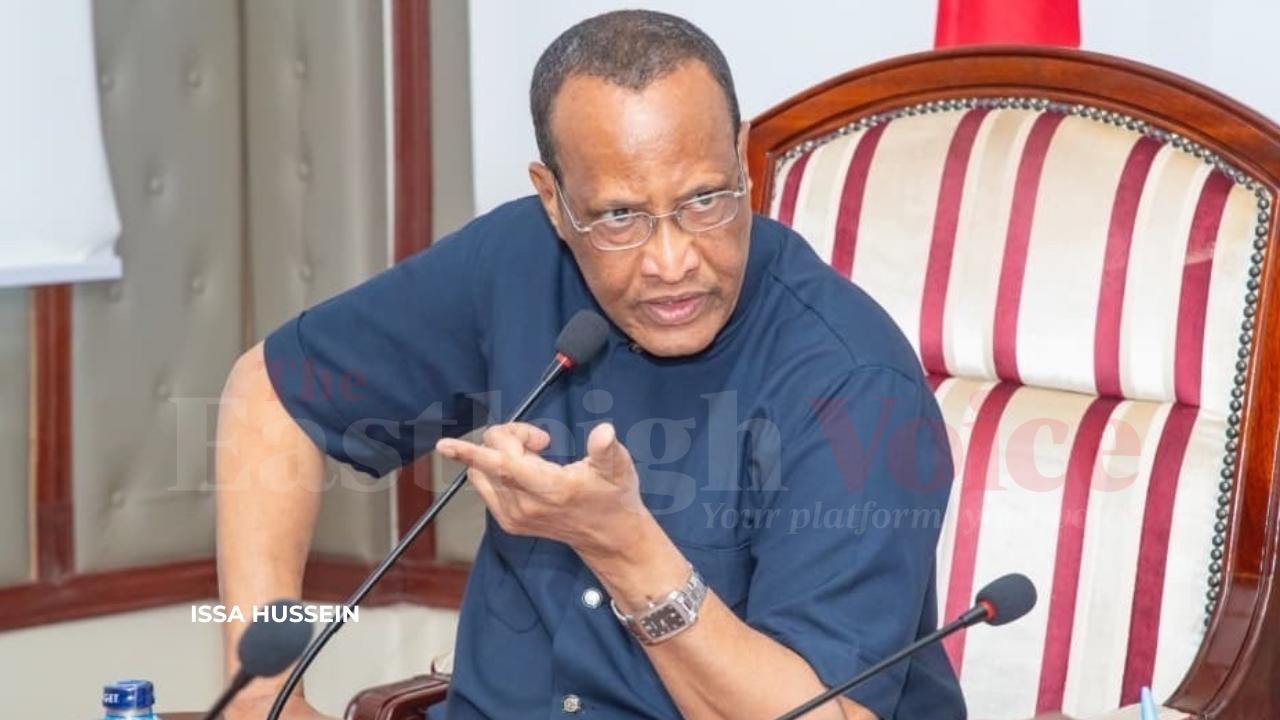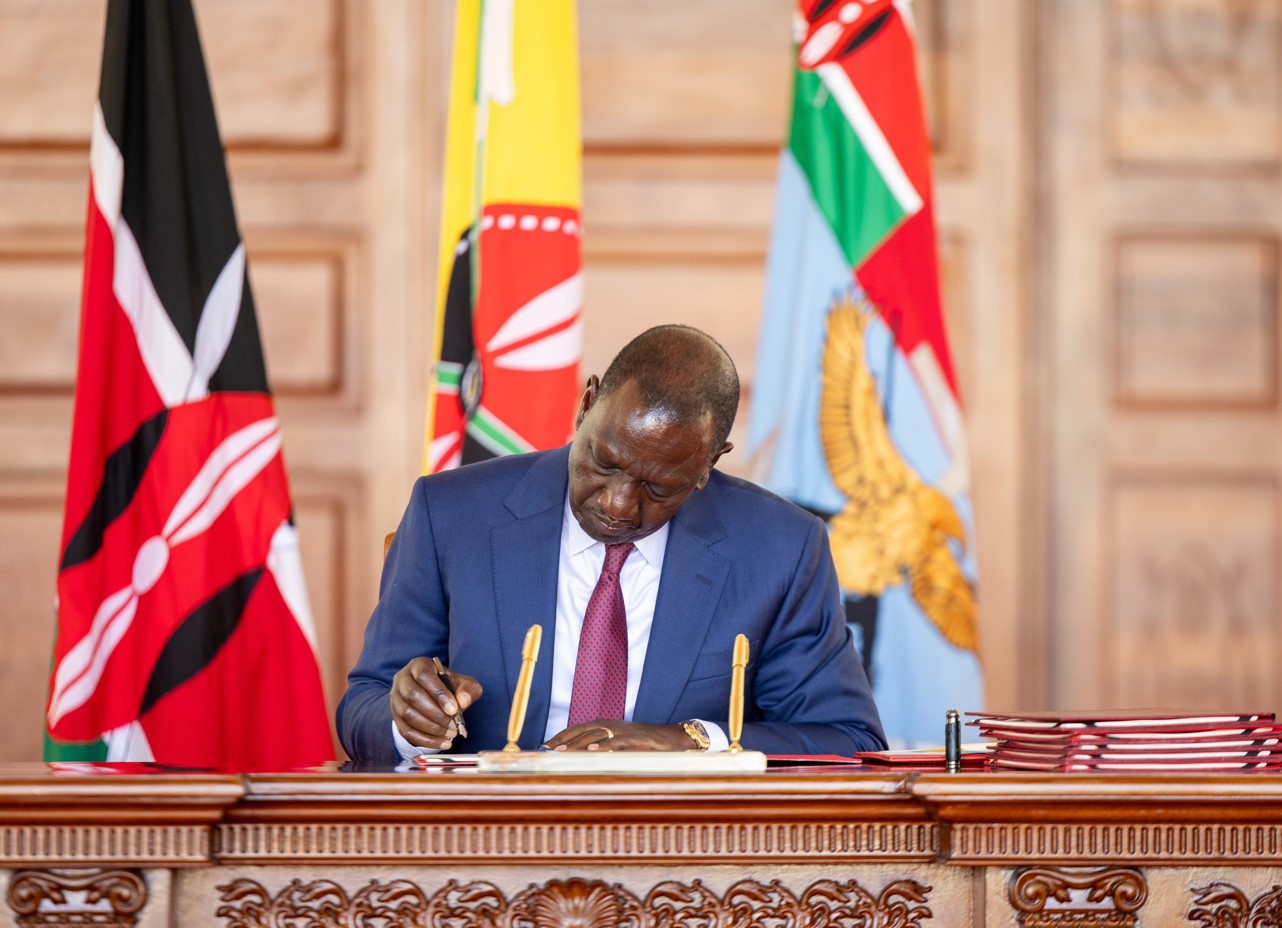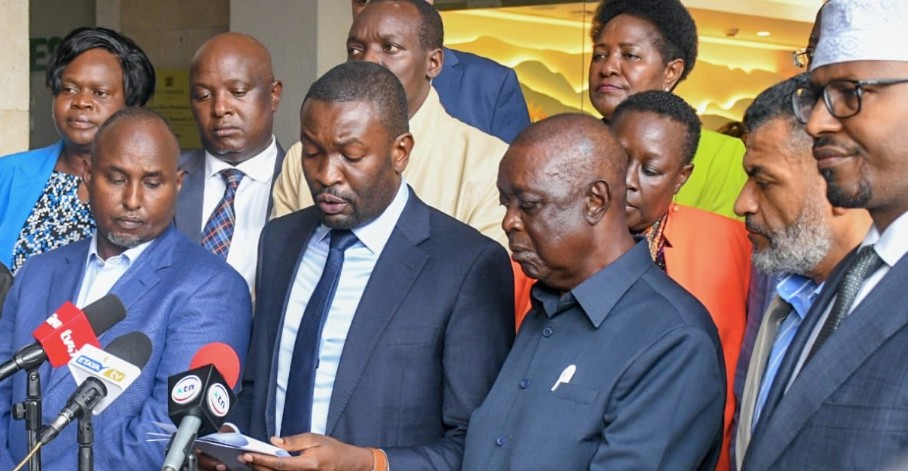Cameroon makes history with world's first malaria vaccine

The campaign, launched on Monday, marks a significant milestone in the continent's relentless battle against the deadly mosquito-borne disease, which is responsible for a staggering 95 per cent of global malaria deaths.
Cameroon has rolled out the world's first routine vaccine programme against malaria, in a global fight projected to save thousands of children's lives across Africa, a step the World Health Organization (WHO) has termed "historic.
The campaign, launched on Monday, marks a significant milestone in the continent's relentless battle against the deadly mosquito-borne disease, which is responsible for a staggering 95 per cent of global malaria deaths.
More To Read
- First malaria treatment for babies a major step to ending the disease in Africa – Biochemist
- KEMRI study finds widely used antiparasitic drug cuts malaria transmission by 26 per cent
- First malaria drug for infants approved, to be rolled out in Africa within weeks
- Kenya to benefit from Sh58 billion global polio eradication fund amid vaccine shortages
- Lancet warns of rising disease outbreaks as global childhood vaccination rates decline
- Undocumented status, ID barriers hamper vaccine access for vulnerable mothers, children in Kenya
Nearly every minute, a child under five dies of malaria. The malaria burden is the heaviest on the African continent, which accounts for approximately 95 per cent of global malaria cases and 96 per cent of related deaths in 2021. In 2021, there were 247 million malaria cases globally, which led to 619,000 deaths. Of these deaths, 77 per cent were of children under five, most of them in Africa.
Cameroon aims to vaccinate approximately 250,000 children this year and the next in a bid to curb the devastating impact of malaria.
Key step forward
The chosen vaccine for this initiative is Mosquirix, the first of two recently approved malaria vaccines. Although the WHO endorsed Mosquirix two years ago while acknowledging its imperfections, experts believe its use will significantly reduce severe infections and hospitalisations.
The GlaxoSmithKline-produced vaccine, which is about 30 per cent effective, requires four doses, and its protective efficacy begins to wane after several months.
While Mosquirix is a vital step forward, there are discussions about the practicality of a second malaria vaccine developed by Oxford University and WHO-approved last October. This alternative vaccine is not only cheaper, but also requires three doses. India’s Serum Institute has committed to manufacturing up to 200 million doses annually, making it a potentially more accessible solution.
Aurelia Nguyen, Chief Programme Officer at the Gavi, the Vaccine Alliance, expressed optimism about the impact of the vaccination programme and said Oxford's might be available for immunisation later this year.
She stated, "The vaccination will save lives. It will provide major relief to families and the country’s health system."
Gavi, in collaboration with 20 other African nations, is working tirelessly to facilitate vaccine access, the goal being to immunise over six million children by 2025.
It's important to note that neither of the vaccines stops malaria transmission entirely. Complementary measures such as bed nets and insecticidal spraying will remain crucial in the ongoing fight against the disease, which spreads mainly through infected mosquitoes, causing symptoms like fever, headaches, and chills.
Hopes high
As Cameroon takes the lead, the rest of Africa is closely watching, hopeful that this groundbreaking initiative will pave the way for more widespread vaccinations and eventually turn the tide against malaria's devastating impact on the continent.
Since 2019, Ghana, Kenya, and Malawi have been administering the vaccine in a schedule of four doses from around five months of age in selected districts as part of the pilot programme, known as the Malaria Vaccine Implementation Programme (MVIP).
More than two million children have been reached with the malaria vaccine in the three African countries through the MVIP, resulting in a remarkable 13 per cent drop in all-cause mortality in children age-eligible to receive the vaccine, and substantial reductions in severe malaria illness and hospitalisations.
The vaccination has led to a substantial reduction in severe malaria, child hospitalisations, and child deaths in these areas. The 2020 Kenya Malaria Indicator Survey showed a reduced malaria prevalence over the past 10 years, with national malaria prevalence dropping from 11 per cent in 2010 to six per cent in 2020, and a drop in the lake endemic region from 27 per cent in 2015 to 19 per cent in 2020.
Following WHO's recommendation in October 2021, the Kenya National Immunisation Technical Advisory Group (KENITAG) recommended the expansion of malaria vaccination within Kenya’s lake-endemic region in counties with moderate to high P. falciparum malaria transmission.
Healthcare providers administered the vaccine in four doses at six, seven, nine and 24 months, demonstrating its safety and effectiveness in reducing severe, life-threatening malaria.
In a 2022 report, the WHO warned of a surge in mosquito-borne diseases due to global warming, which is increasing vector survival and biting rates.
Top Stories Today
